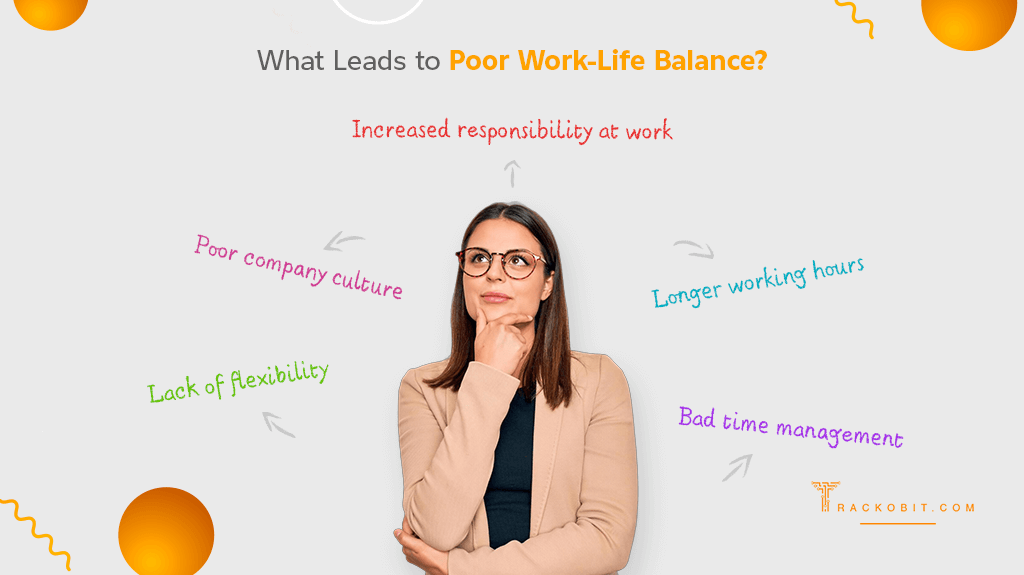In today’s financial world, whether you’re an individual or running a business, the term “balance raised” is something you’re bound to come across. But what exactly does it mean, and why should you care? Let’s break it down to make sense of the concept and help you take control of your finances.
What Does Balance Raised Mean?
At its core, “balance raised” refers to an increase in the amount of money you owe, hold, or are responsible for. This term can be applied to various areas of finance, including personal bank accounts, credit cards, business accounts, or investments.
For example, in credit cards, a raised balance indicates that your outstanding debt has increased due to purchases, interest, or fees. In business, it may signify that liabilities or expenses have gone up. The important thing is to understand when and why this happens so that you can respond accordingly.
Types of Balances in Finance
There are several types of balances that could be raised, depending on the Balance Raised context. Here are some of the most common:
- Credit Card Balance: The total amount owed on a credit card account, including purchases, fees, and interest.
- Bank Account Balance: The current amount of funds in a checking or savings account.
- Investment Portfolio Balance: The value of investments, which can fluctuate based on market conditions.
- Business Ledger Balance: A running total of a company’s financial activities, including revenues, expenses, and liabilities.
Each type of balance works differently, but they all have one thing in common: a balance raised means more money is on the line.
How Balance Raised Works in Personal Finance
In personal finance, a raised balance often happens due to regular spending, additional charges, or simply not keeping track of your financial activity. For instance, if you frequently use your credit card without paying off the full balance, you’ll see that your debt is steadily increasing.
The key to managing your finances is to keep an eye on your balance Balance Raised before it gets out of hand. You can monitor your bank and credit card statements regularly and use financial apps to give you real-time updates on your spending habits.
Balance Raised in Business Accounting
Businesses deal with raised balances just as much as individuals do. A raised balance in business often reflects increased liabilities, such as loans, supplier payments, or operational costs. These raised balances can affect a company’s cash flow, profitability, and financial stability if not handled correctly.
For example, if a company takes on more debt to fund its operations or expansion, this can raise the overall balance on the business’s ledger. It’s important for business owners to keep a close watch on these balances to avoid jeopardizing the company’s financial health.
Why You Might See a Balance Raised on Your Credit Card Statement
Seeing your balance raised on a credit card statement can be frustrating, but it’s often the result of one or more common factors:
- Interest Charges: If you don’t pay off your full balance each month, interest is added, raising your overall debt.
- Late Fees and Penalties: Missing a payment could lead to hefty fees, which will further increase your balance.
- Additional Purchases: Simply using your card without paying down the balance will result in a raised amount over time.
These increases can sneak up on you, especially when you’re not paying attention. Therefore, being aware of these factors can help you avoid unnecessary balance hikes.
How to Prevent Your Balance From Being Raised Unnecessarily
To keep your balance from rising unexpectedly, it’s essential to be proactive with your finances. Some simple strategies include:
- Pay Off Your Credit Card in Full: Whenever possible, avoid carrying a balance by paying it off entirely each billing cycle.
- Monitor Financial Activity: Regularly check your accounts and statements to catch any unexpected charges or errors.
- Avoid Unnecessary Debt: Be mindful of how much you borrow or spend on credit, and only take on debt that you can reasonably repay.
With these habits, you’ll minimize your chances of dealing with a raised balance.
How to Handle a Balance Raised in Personal and Business Finances
If you find that your balance has been raised unexpectedly, there are steps you can take to bring it back under control. First, evaluate your current spending and identify areas Balance Raised where you can cut back. Second, reach out to your bank or creditors to negotiate better terms, such as lower interest rates or extended payment plans.
For businesses, consider restructuring any outstanding loans or adjusting your business model to cut down on unnecessary expenses. Sometimes, the raised balance is a symptom of deeper financial issues that need addressing.
Importance of Regularly Checking Your Balance
Checking your balance regularly helps you stay informed and in control. Whether it’s your personal bank account or business finances, staying updated can prevent surprises. Many financial apps allow you to track your spending and alert you to any significant changes in your balance, making it easier to avoid mistakes and unnecessary charges.
How a Raised Balance Affects Your Credit Score
Your credit score is directly tied to your balance, especially when it comes to credit cards. The higher your credit card balance, the more it can hurt your credit utilization ratio, which accounts for a significant portion of your credit score.
If you keep your balance raised for too long, you may see your credit score drop, which can lead to higher interest rates and tougher loan approval terms. To avoid this, aim to keep your credit card balance low—ideally below 30% of your available credit limit.
Investment and Balance Raising
For investors, a raised balance can sometimes be a good thing. If your investment portfolio has a raised balance, it could mean that your assets are increasing in value. However, a Balance Raised balance in your investment account could also mean more risk, depending on how diversified your investments are.
You should always monitor your portfolio and rebalance it if necessary to manage risk while still striving for growth.
Managing Raised Balances with Budgeting Techniques
Budgeting is one of the best ways to manage your balance and ensure it doesn’t rise out of control. By tracking your income, expenses, and debts, you can make informed financial decisions. There are many budgeting apps and tools that can help, from simple spreadsheets to more advanced software that links to your bank accounts for automatic updates.
Common Mistakes Leading to a Raised Balance
Many people inadvertently raise their balance due to mistakes like overspending, neglecting to track their expenses, or ignoring interest rates. By staying aware of these pitfalls, you can avoid them and keep your balance in check.
How to Avoid a Raised Balance in the Future
To prevent your balance from raising in the future, Balance Raised adopt smart financial habits, such as setting spending limits, paying off debt aggressively, and educating yourself on financial terms and conditions. The more informed you are, the less likely you’ll find yourself with a raised balance you can’t handle.
FAQs
What causes a balance to be raised on my credit card?
A balance may increase due to purchases, interest charges, late fees, or other penalties.
Can a raised balance negatively impact my credit score?
Yes, high balances can lead to a lower credit score, especially if they increase your credit utilization ratio.
How can I lower a raised balance quickly?
Focus on paying off high-interest debt first and consider negotiating lower rates or payment terms with creditors.
Is there any benefit to having a raised balance?
In investments, a raised balance may indicate growth, but in debt, it typically signals a financial burden.
What’s the difference between a raised balance and an unpaid balance?
A raised balance refers to an increase in the total amount owed, while an unpaid balance is the remaining amount not yet settled.
Conclusion
Understanding and managing a balance raised is key to maintaining healthy finances. Whether you’re an individual trying to manage personal debt or a business navigating its financial landscape, being proactive, informed, and strategic can make all the difference. Regularly checking your accounts, budgeting, and controlling debt are crucial steps in avoiding raised balances and staying financially fit.



